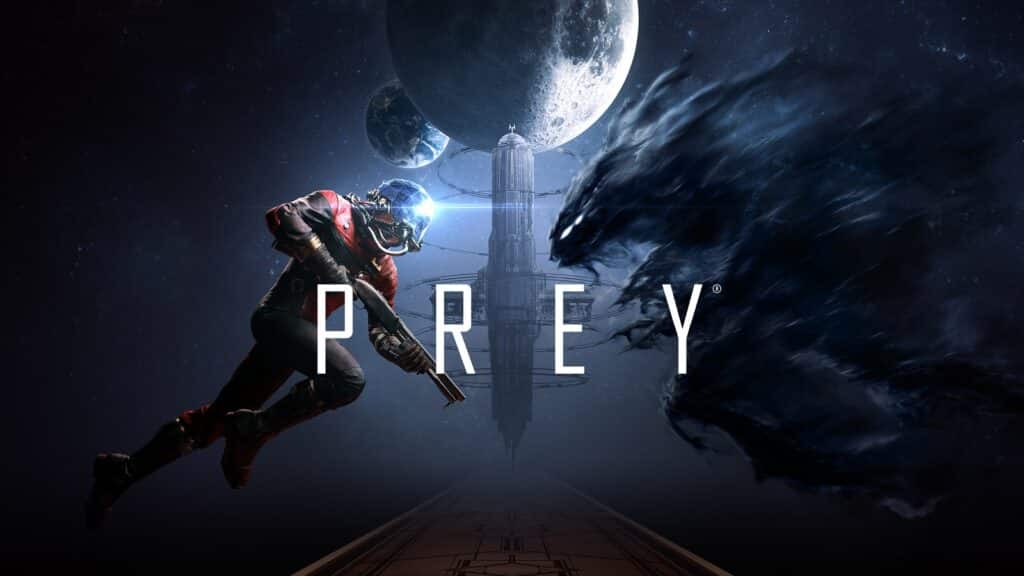There’s been more than a few words exchanged on the subjectivity of game reviews. Just earlier this year IGN preemptively gave Prey a 4/10 review on the very objective basis that their copy was bugging out and the internet collectively went crazy over it. Jim Sterling was bashed over his 7.5/10 rating of Breath of the Wild despite publicly proclaiming that he liked the game – just not some features that he found frustrating and unnecessary. That’s before we get into anything echoing Gamergate – reviews marred by political opinion, personal beliefs regarding sex and gender, ethical development practices and the like.
And then there’s the Steam storefront page – the gaming equivalent of Amazon’s often hilarious review section, except in cases like GTA V’s where the internet dragged it down in negative reviews as a form of protest. In other cases, reviews get taken off Steam by unscrupulous devs trying to hush up bad press.
Realistically speaking there’s no perfect way to get a truly objective review, given the scale of the videogames market and the variance in lifestyles among players. Something with microtransactions may irritate most reviewers, but someone with more money and less free time might see this as a convenient shortcut to cut down on tedious grinding. Other people might encounter technical issues as in the case of Prey – and receive flak from other people waxing lyrical about what to them was a perfect first date. Add to this the culture of assigning a numerical value to a game review and you get the current state of games press, where some would argue that we’re in need of a numerical value to describe the review.
Obviously you’re entitled to rate a game lower because something ticked you off – if you asked me to review most online shooters with voice chat for example, I probably wouldn’t rate any of them highly because of the company I’d end up keeping. (disclosure: I’m a woman and I’m bad at aiming, and while those are generally mutually exclusive, they’re a bad combination to have in PvP shooters where you’re getting cussed at by some stranger.) Consequently games end up getting rated higher because of good things, and while many people can agree on good features and interesting mechanics, other people might just look at them and say “eh”. Going back to the shooters example, if you told me that a game had an accurate-to-real-life ammunition and reload system I might just look at you funny and wonder how that’s supposed to be helpful to someone trying to keep their ELO from dropping.
You’d think that Metacritic existing would make things easier – why not aggregate all of the scores? This sort of muffles the amount of subjectivity some reviews have by just lumping them in against the background of general consensus. But then you’d still get the one-off outlier reviews like Dan Stapleton’s and Jim Sterling’s where they gave their scores based on genuine concerns – concerns that DID surface frequently in the days to come as other players (even on Playstation!) encountered the same bugs in Prey, and Breath of the Wild’s departure from Zelda tradition sparking a healthy amount of discussion across channels.
There is some culture in consensus, as the backlash to both incidents proves. If you like a game and see it getting negative press, you react to it. Likewise, it feels good to see a favorite game get rated highly. I’d go out on a limb and suggest that some players (as opposed to developers) get personally offended by bad reviews. So why not just ignore the review if you don’t like it? Maybe check out the background of the person doing the review – if someone playing Mass Effect Andromeda is doing so as a newcomer to the franchise, or if someone rating the latest Dynasty Warriors low because of questionable costumes happens to also be linked to a lot of Gamergate-flavored content.
Despite this there is merit to reviews being subjective, as this lets you get opinions from people with specific tastes and figure out if these affect your decision to actually purchase the product. Usually the problem just lies in people having different metrics for good and bad, leading to people getting offended at a positive 7/10. Which does lead to another problem where reviewers (including myself) are hesitant to give game reviews below a seven, because it feels like anything below that makes the game unsalvageable, never mind that the scores are on a scale of 1 to 10.
This reviewer does recommend that readers pull a Metacritic and read at least a few reviews from different sources, at the very least, and not to blindly nod when someone gives things a good score – it’s worth noting that the best reviews are those that criticize as well as compliment.








